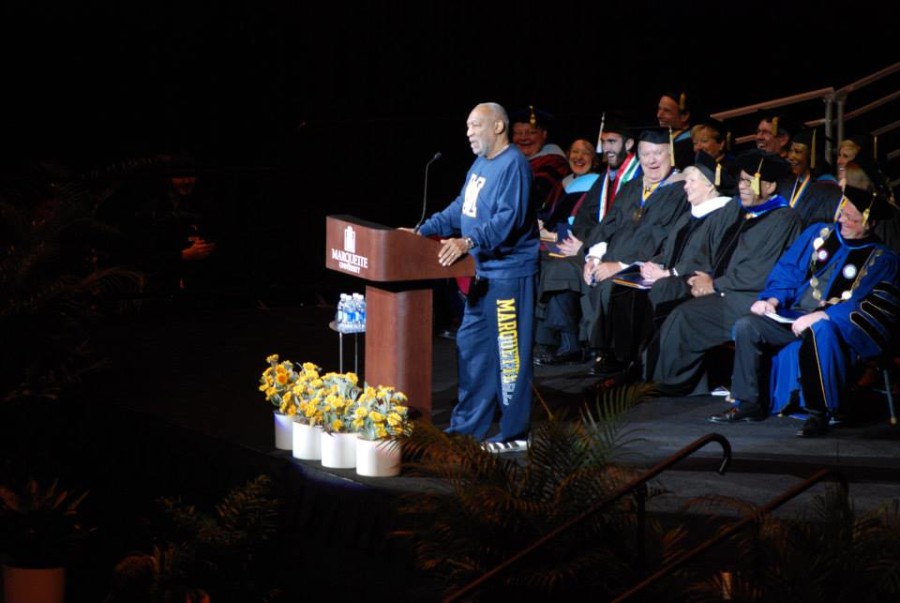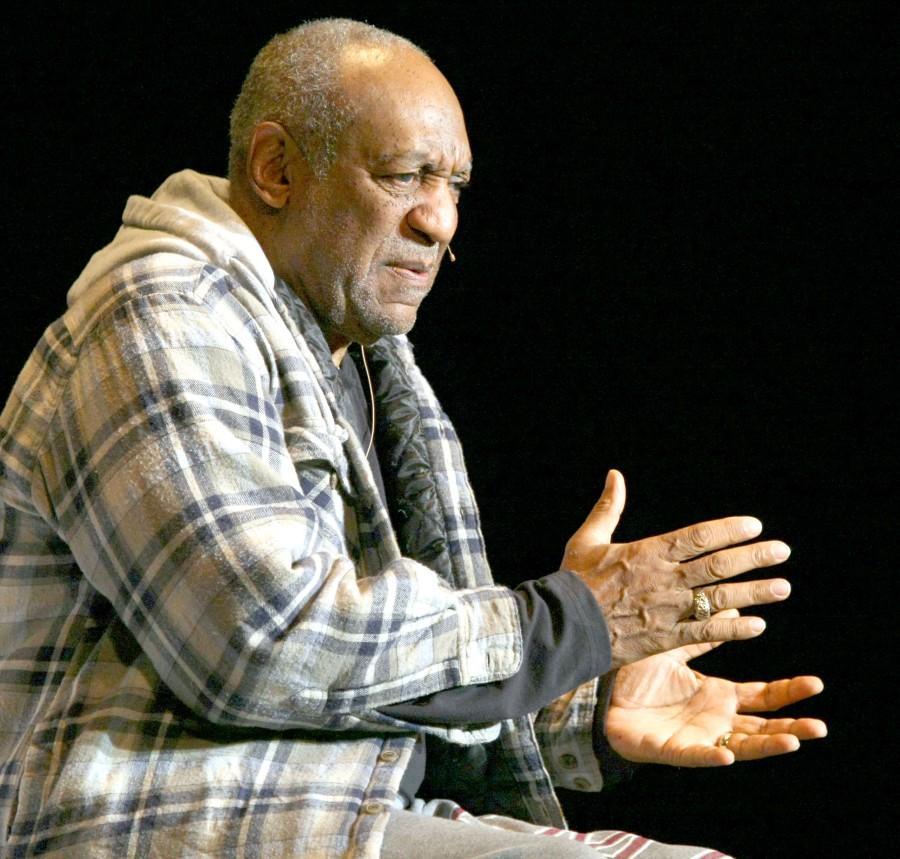I’ve always thought that the commencement speech was a peculiar tradition. Pretty much every college and university has one, paying exorbitant speaking fees (your tuition dollars) to celebrities, politicians, academics and pop culture figures to give their graduates a last few pieces of advice before entering the “real world.”
The speech exists primarily for the promotional benefit of the school, not the education of the student, yet we mythologize it. We treat commencement advice like it’s the secret to adulthood. It’s sort of like a New Year’s resolution. You get a warm and fuzzy feeling of achievement without long-term, hard-earned change.
In its history, Marquette has had some pretty incredible speakers, including baseball legend Hank Aaron, former First Lady Barbara Bush and former Supreme Court Justice William Rehnquist. But fame, success and pop-culture relevance alone do not make a good address.
A few years ago, my dad gave me David Foster Wallace’s “This is Water.” Until recently, I didn’t realize that it was an abridged version of his commencement speech at Kenyon College.
One of the reasons I really liked “This is Water” was that Wallace is brutally honest about the grinding routine and futility of adult life. Even without resorting to generalizations and corny metaphors, he offers his thoughts on the purpose of a college degree while also offering a solution to living an active life. It’s short, funny and relatable.
We should ask ourselves, “What is the purpose of the speech? What do we want to get out of it?” I think a good commencement address need not be inspiring or life-changing. It should be honest, insightful and, perhaps most importantly, relatable.
This year’s speaker, Sr. Mary Marciano, is a Dominican sister from Brazil who has served the poor in Haiti since 2010’s devastating earthquake. It is clear that Marciano is a dedicated servant to the poor and works to alleviate their suffering.
A bulletin indicated that she will speak on the impact the individual can have on society and will deliver a message of hope and progress. I’m sure she will give an excellent commencement speech, but I am skeptical that students will find it relevant.
She is the third member of the clergy selected to speak in the aftermath of disgraced comedian Bill Cosby’s commencement four years ago. My concern is, as a consequence of the Cosby debacle, Marquette is choosing noncontroversial, nonpolitical speakers at the expense of someone whose life experiences are relevant to the students. Trust me, there are few priests and nuns among the class of 2017.
I’m not saying Marquette should go out and get a real housewife or The Bachelor to speak because their experience aligns with our interests. However, with the potential for controversy surrounding public figures, I believe that the university is choosing to play it safe.
Instead of shying from controversial speakers or protesting as they do on many campuses, the Marquette community should welcome passionate voices, even if we disagree with them.
I look forward to Sr. Marciano’s address, but the university must bring different perspectives in the coming years.






